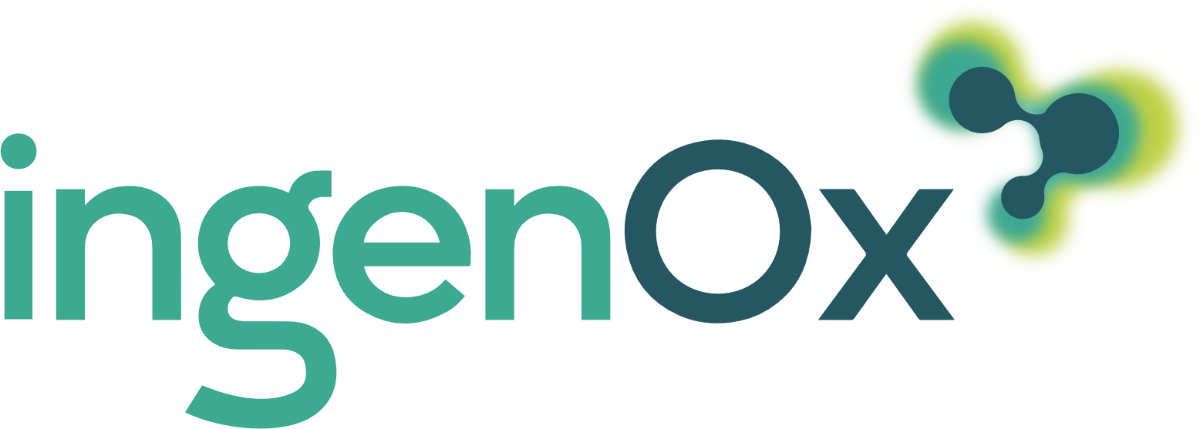Oxford, UK, 15 August 2022 – Celleron Therapeutics, the UK-based company developing innovative precision cancer medicines, announces today that in partnership with the Chinese University of Hong Kong it has successfully received a study grant from the Hong Kong government’s General Research Fund.
The funding will finance the randomised Phase II clinical trial of zabadinostat in liver cancer patients with acquired resistance to immune checkpoint inhibitors (ICIs). This follows compelling pre-clinical studies in mice treated with zabadinostat which restores antigen presentation and boosts the immune response, thereby re-conferring sensitivity to ICIs, resulting in tumour eradication and significantly improved survival.
The highly anticipated clinical trial, which will begin later this year, is designed to test the safety and efficacy of zabadinostat combined with an ICI in checkpoint-resistant liver cancer patients. The Principal Investigator will be Professor Stephen L. Chan from the Department of Clinical Oncology at CUHK, with co-investigators from CUHK and the Prince of Wales Hospital.
David Kerr, CMO of Celleron Therapeutics and Professor of Cancer Medicine at the University of Oxford, commented:
“We are delighted to be collaborating with one of the world’s leading groups on HCC. The extraordinary findings in a highly relevant mouse model give us great confidence that we can recapitulate these results in man and deliver a telling blow to this awful disease. Our sophisticated trial design will give us the necessary clinical data to seek accelerated approval from the regulatory authorities but stays true to our commitment to precision medicine by generating additional potential biomarkers to further improve clinical outcomes”.
NOTES:
About HCC Liver Cancer
80% of primary liver cancer cases are Hepatocellular Carcinoma (HCC). HCC is now the fourth leading cause of cancer deaths worldwide, with over 600,000 new cases each year. It occurs predominantly in patients with underlying chronic liver disease and cirrhosis. Tumours progress with local expansion in the liver, followed by spreading to other tissues. The incidence of HCC is highest in Asia and Africa, where the endemic high prevalence of hepatitis B virus (HBV) and hepatitis C virus (HCV) strongly predisposes to the development of chronic liver disease and subsequent development of HCC.
Surgical resection has the highest survival prognosis. The use of systemic or regional chemotherapy has been attempted in patients with HCC. Unfortunately, HCC is minimally responsive to chemotherapy. The multi-kinase inhibitor, sorafenib was approved in 2007 by the US Food and Drug Administration (FDA) for use in patients with unresectable HCC, followed in 2018 by lenvatinib.
Since 2020, PD-1 immune check-point inhibitors have found increasing clinical use in advanced HCC. Atezolizumab combined with bevacizumab has been approved as a first line therapy; and pembrolizumab, or nivolumab as second-line treatment for patients who have relapsed on sorafenib. Although subsets of patients exhibit durable responses, the development of resistance to checkpoint blockade, and subsequent relapse is common.
About Celleron Therapeutics
Celleron Therapeutics is a precision cancer medicine company advancing a pipeline of clinical and pre-clinical assets to treat unmet oncology indications. The company is a spin-out from Oxford University and located on the Oxford Science Park, UK. Celleron Therapeutics has built a proprietary platform around epigenetic control and immune modulation, providing its drugs with a two-pronged attack on cancer. Celleron’s approach seeks to align the right drug with the right patient enabling a targeted approach to cancer therapy.
Celleron Therapeutics’ focus is on those cancers where there is still an unmet need for long-term disease control. It is hoped that not only will patients volunteering for our clinical trials benefit directly, but the results from these studies will ultimately allow the general use of more effective, safer medicines. Our goal is not only to treat cancers effectively but also to improve patients’ quality of life by the reduction of side effects.
Celleron has global license partnerships with AstraZeneca and Roche. The company secured investment in 2016 from a consortium of South Korean investors; and in 2020 spun out an affiliate company, SynOx Therapeutics. For more information, see www.cellerontherapeutics.com
